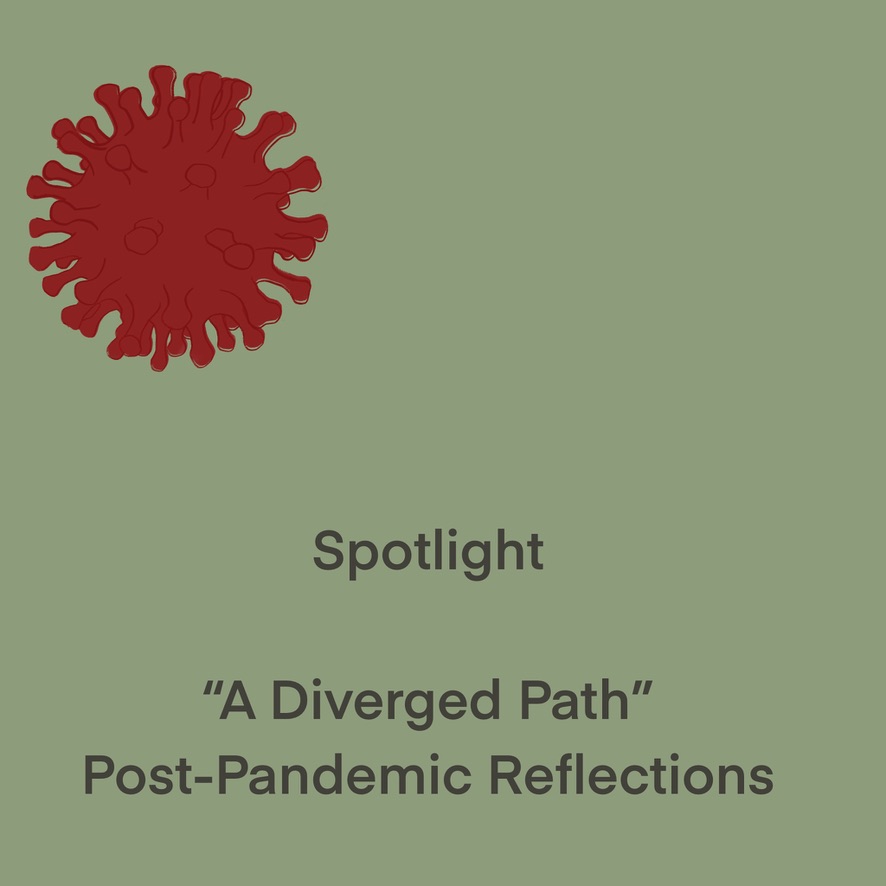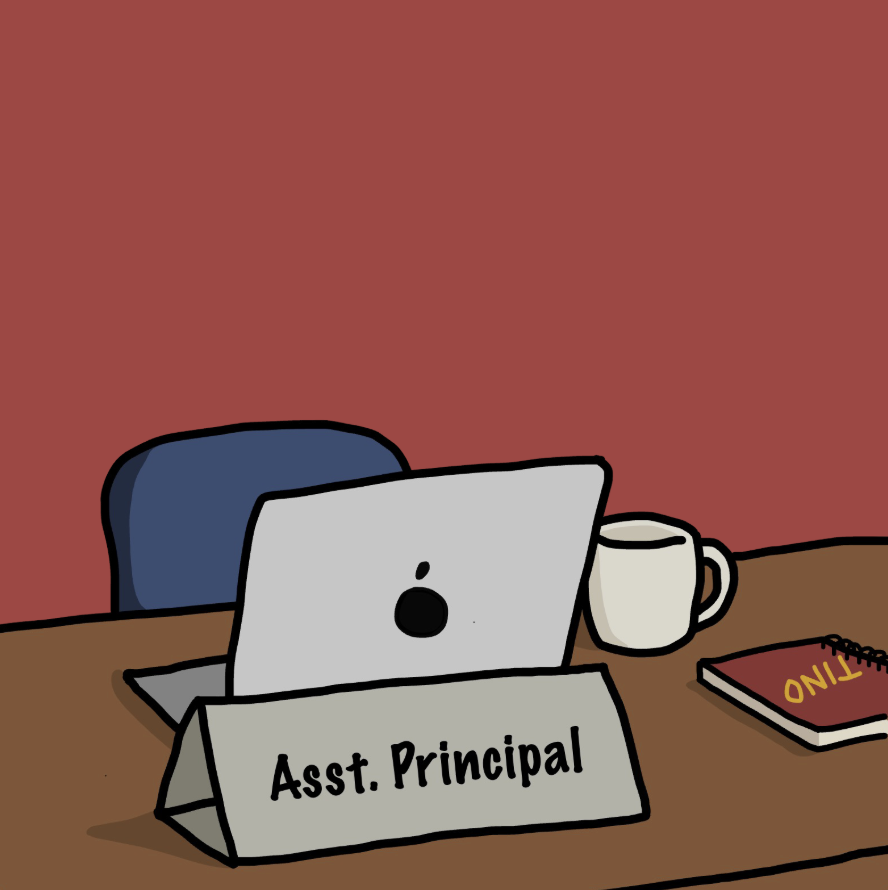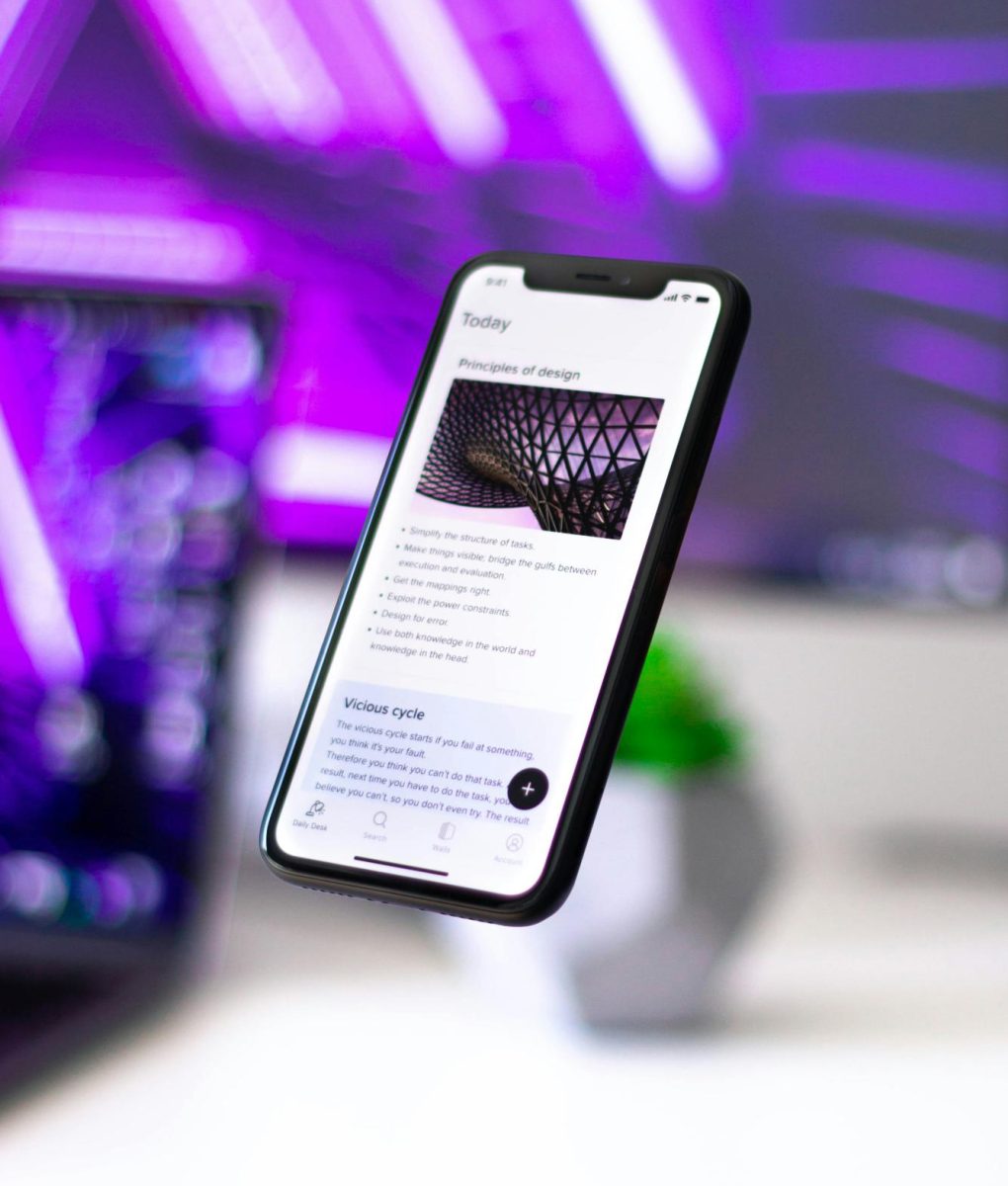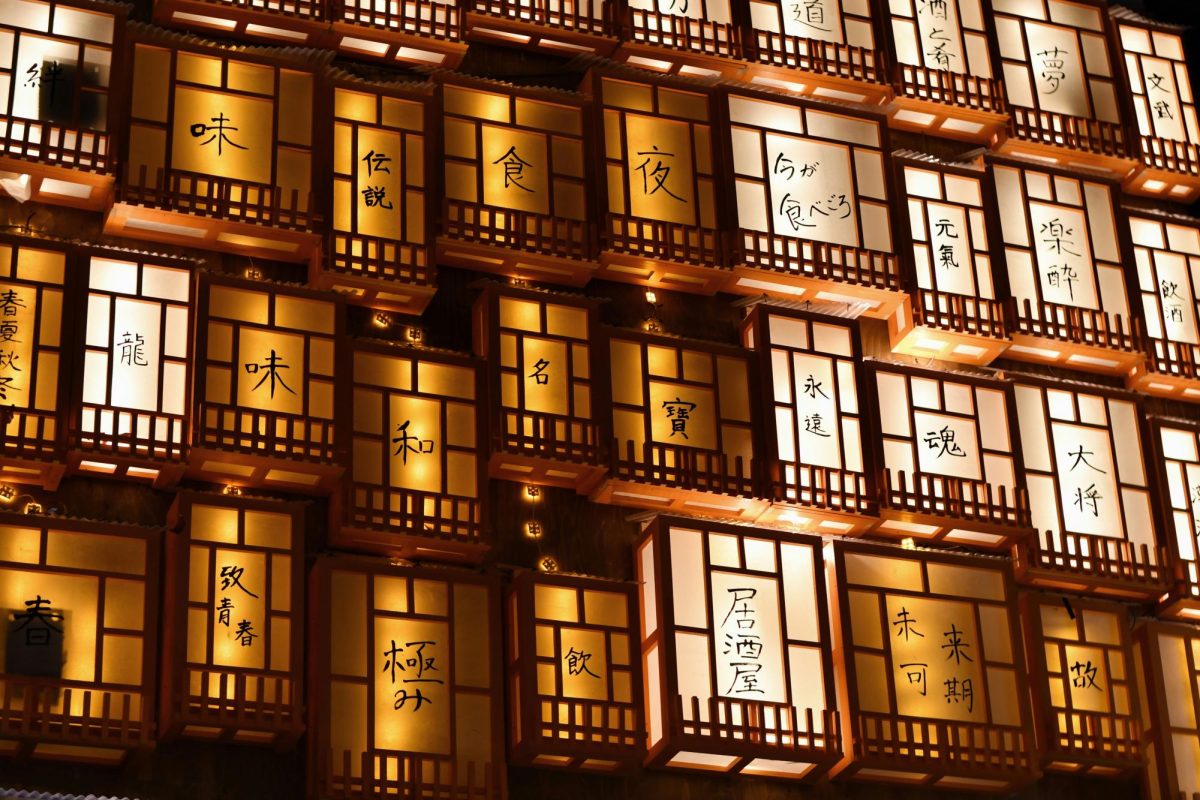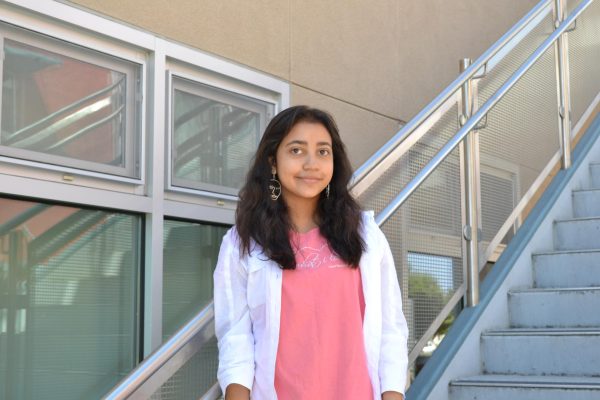The effects of Covid breached not just personal barriers, coming into the homes of individuals, but international borders as well. For Junior Esha Vaggar who lived in India at the time, the pandemic experience created complex overarching feelings of fear and disconnect. Like many, Vaggar became immersed in digital forms of escape. They reflect on how they could have used their time better and what they learned from the pandemic.
Q: What age and grade level were you at when Covid hit?
A: I was enrolled in military school in 8th grade, I was there half of it then it turned virtual. Ninth grade went online and I did 10th grade summer school online.
Q: Were your plans for college or your career path affected?
A: So when lockdown hit we needed to get stuff in order and all ballot offices in Maharashtra were all shut down. […] That really delayed my plans and I decided to do my international GCSE. That was not in my plan. Originally. I wanted to stay in military school, but then I transferred out because I was doing my GCSE. That means I had to do board examinations, initially that was really scary.
Eventually I moved back to America before I did that so it was like all my preparation was for nothing. It was the question of am I going to college in America or am I going to go here.
Q: How was your experience in quarantine?
A: Because the government had shut down, curfew was at 9pm. If you were caught you were either fined or jailed. It was pretty laxed though, I don’t think I was scared to go out.
Q: How did you adjust your daily life or habits?
A: I began to learn Portuguese, and I’m trying to learn to speak it with my grandmother […] I learned Hindi in lockdown as well.
Q: How much effort did you put into your classes in distance learning?
A: Zero. I skipped a lot, half of my freshman year. Eighth grade was online, I did it but it was really low effort I didn’t challenge myself
Q: How was your academic growth impacted compared to other years?
A: I stagnated, it was embarrassing. I was trying to do my boards later and I found everyone who had kept up was excelling and I was still finding concepts very hard. I didn’t care as much and I regret that now, I could have done better with myself […] Military school was very isolating.
Q: What would you have done differently then?
A: Put work into my classes, put work into myself. But it brings you into perspective of everything you are and everything you’re not. I wish I put time into myself and there was so much media consumption. It’s not like I could go outside and be in nature but I also immersed myself into my screen.
Q: How was your emotional state during this time?
A: I became more outgoing because it was a type of isolation where I didn’t want to be alone again.
Q: How did you cope with the stress and lack of human interactions during Covid?
A: I didn’t deal with it, I looked the other way. I compartmentalized. My sense of time was warped, there was a sort of idleness […] It changes a lot about yourself, the reduced social nests and lack of interaction. And now all your emotional abilities kind of show online from the media usage.
Q: What was the most challenging part for you?
A: The fear-mongering. People are dying, the death counts are going higher day by day and the fear of losing my loved ones.
Q: Did you learn anything new about yourself and what you can handle?
A: I learned that it doesn’t matter, some things don’t matter. Do what serves you. I became more worldly, I learned that people change. People change in a year, people change in 5 months, people change in a day.




